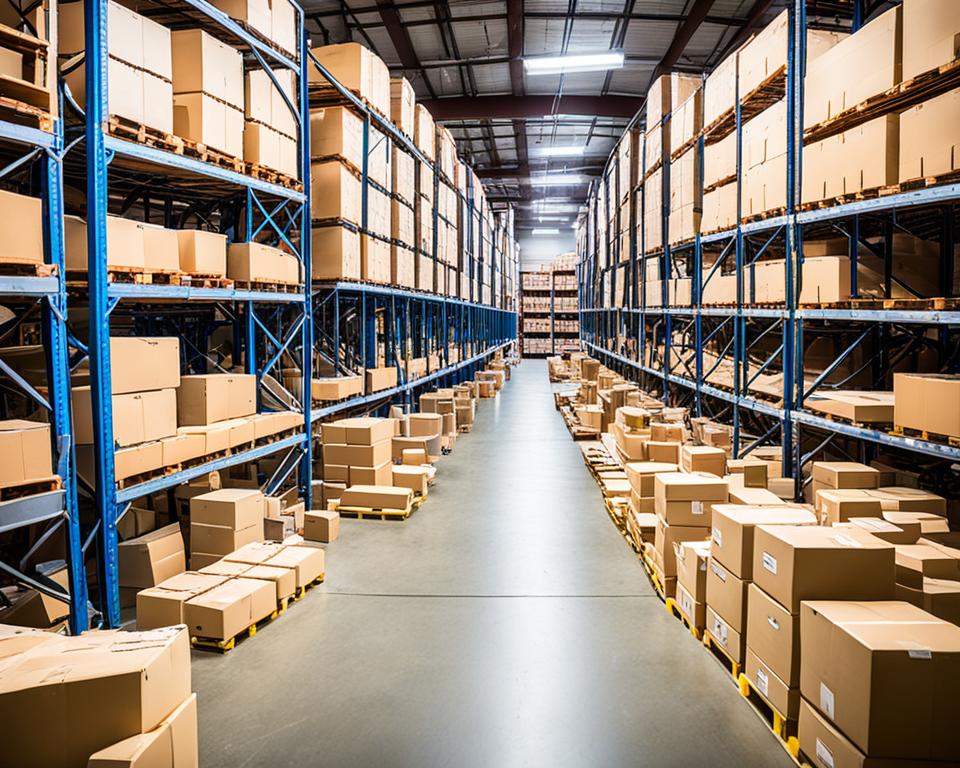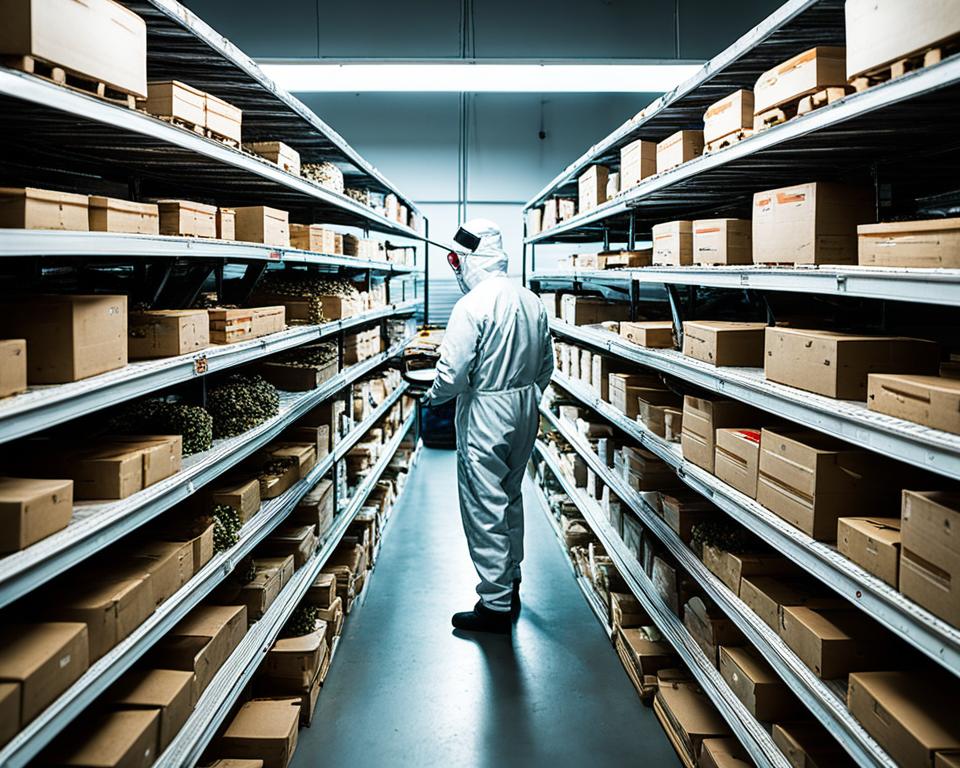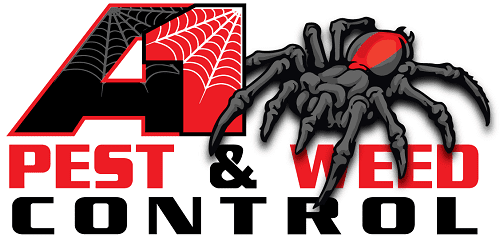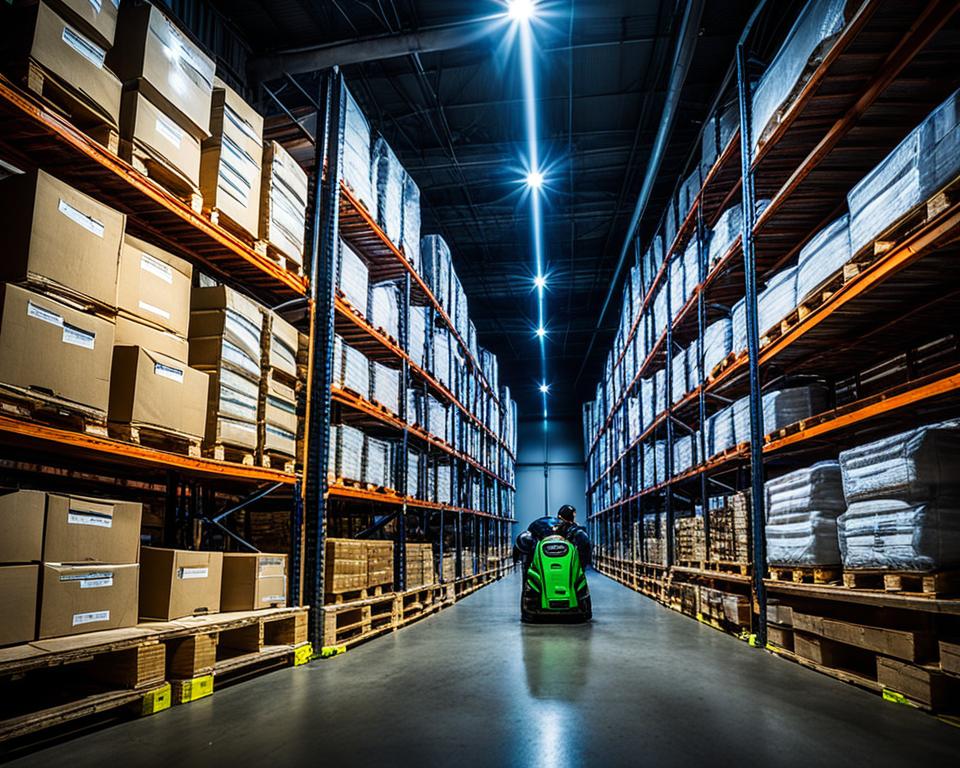Are Melbourne’s Warehouses Truly Protected from Pests?
When it comes to warehouse operations, ensuring the safety and hygiene of the facility is paramount. But can Melbourne’s warehouses truly protect themselves from the persistent threat of pests? From rodents to insects and birds, these unwanted visitors can wreak havoc on stored products, disrupt operations, and pose health risks to workers and customers.
Insects like flies, beetles, and moths are drawn to warehouses with food storage areas or products made from natural materials, while rodents such as mice and rats are on the constant lookout for accessible food sources. Warehouses with open ceilings may also attract bird pests like pigeons or sparrows. The good news is that with proper sanitation practices and regular pest control services, infestations can be prevented.
Monthly inspections and treatments are generally recommended for most warehouses, but the frequency may vary depending on the size of the facility, the type of products stored, and the level of pest activity. Implementing preventative measures like sealing potential entry points and storing food properly can also help manage potential pest issues between scheduled visits. However, it’s essential to strike a balance between pest control and the potential impact on workers and customers, opting for safe and environmentally-friendly methods to minimize negative effects.
By taking proactive steps and working with professional pest control services, warehouses in Melbourne can ensure their products and facilities are protected from the threat of infestation.
Key Takeaways:
- Warehouse operations in Melbourne can attract a variety of pests, including insects, rodents, and birds.
- Proper sanitation practices and regular pest control services are crucial in preventing infestations.
- Monthly inspections and treatments are typically recommended, but the frequency may vary based on various factors.
- Implementing preventative measures like sealing entry points and practicing proper food storage can help manage pest issues between treatments.
- Using safe and environmentally-friendly pest control methods is essential to protect workers, customers, and products.
The Importance of Warehouse Pest Control
Warehouse pest control is crucial for maintaining a safe and hygienic environment in your facility. Pests can cause significant damage to stored products and materials, leading to financial losses for your business. Additionally, pest infestations can result in downtime and disruptions to production if equipment is affected. However, the impact of pests goes beyond monetary losses.
Pests pose a serious health risk to workers and customers. They can carry and spread diseases and pathogens, compromising the safety and well-being of everyone in the warehouse. Ensuring proper pest control measures are in place is not only essential for the integrity of your products but also for the health and welfare of your staff and clientele.
By implementing effective pest prevention and removal strategies, you can protect your warehouse from infestations and maintain a clean and hygienic environment. Regular inspections and treatments by professional pest control services are essential for preventing pests from establishing and reproducing within your facility. Promptly addressing any pest issues that arise is crucial in minimizing damage and potential risks to your business.
Warehouse pest control is a proactive measure that helps safeguard your reputation and ensures the smooth operation of your business. By investing in regular pest control services, you demonstrate your commitment to maintaining a high level of warehouse hygiene and the safety and quality of your products.
Key benefits of warehouse pest control:
- Protects products and materials from damage
- Prevents downtime and disruptions to production
- Reduces health risks associated with pests
- Maintains a clean and hygienic environment
- Promotes the safety and quality of products
Don’t let pests jeopardize the success of your warehouse. Implementing effective pest prevention and removal strategies, along with regular inspections and treatments by professional pest control services, is essential in protecting your business.
| Benefits of Warehouse Pest Control | |
|---|---|
| Protects products and materials from damage | |
| Prevents downtime and disruptions to production | |
| Reduces health risks associated with pests | |
| Maintains a clean and hygienic environment | |
| Promotes the safety and quality of products |

Pest Management for Food Warehouses
Food storage units in warehouses are particularly susceptible to pest infestations. Pests like cockroaches, rats, and birds can contaminate stored food, leading to potential health hazards and damage to the reputation of the business.
Pest control in food warehouses focuses on two main areas: protecting the warehouse from future pests and removing pests from the premises. Preventive measures, such as regular inspections and sealing entry points, are crucial in keeping pests out of food storage areas.
Effective pest removal techniques are employed to eradicate existing pests and prevent further infestations. Food warehouses are subject to strict government requirements, and operators have responsibilities to regularly inspect the premises, prevent pests from entering, and eradicate harborage of pests.
Working with a professional pest control service that specializes in food warehouse pests can ensure compliance with regulations and maintain a pest-free environment.
Preventive Measures
- Regular inspections of food storage areas to identify signs of pests
- Sealing entry points such as cracks and gaps to prevent pests from entering
- Proper storage of food items to minimize attractants for pests
- Maintaining cleanliness and sanitation to discourage pests
Effective Pest Removal Techniques
- Implementation of targeted pest control methods to eliminate pests
- Use of bait stations and traps to capture and remove pests
- Application of safe and eco-friendly pest control products
- Regular monitoring and follow-up inspections to ensure long-term pest prevention
By adopting these biosecurity controls, food warehouses can minimize the risk of food contamination and maintain the highest standards of hygiene and safety.

Pest Control Specialists for Warehouses
When it comes to effective pest management in warehouses, hiring professional warehouse pest control specialists is crucial. These experts possess the knowledge and experience to identify and treat pests specific to warehouse settings. They understand the unique challenges and risks associated with warehouse pests, allowing them to develop customized solutions based on the needs of your facility.
Professional pest control services not only employ the latest and most effective chemicals on the market but also prioritize the safety of humans and the environment. They adhere to Australian standards and best practices in pest control, providing reliable and efficient services that eliminate pests and prevent their return.
One of the key benefits of partnering with professional pest control specialists is the assurance of regular preventative inspections. These inspections help keep pests at bay, ensuring your warehouse remains a healthy and well-organized environment. By implementing proactive measures and working closely with the experts, you can minimize the risk of infestations and safeguard your operations.
| Benefits of Hiring Warehouse Pest Control Specialists |
|---|
| Expert knowledge and experience in warehouse pest control |
| Customized solutions tailored to your facility’s needs |
| Use of the latest and most effective chemicals |
| Adherence to Australian standards and best practices |
| Regular preventative inspections to keep pests at bay |
“Partnering with professional pest control specialists ensures that your warehouse remains pest-free and fully compliant with regulations. These experts have the necessary tools and expertise to address any pest issues that may arise, allowing you to focus on your core business operations without worrying about infestations.”
Pest Removal, Treatment, and Inspection
In addition to preventative measures, professional warehouse pest control specialists offer comprehensive pest removal, treatment, and inspection services. They utilize advanced techniques to eradicate existing pests and ensure they don’t return. Regular inspections play a vital role in identifying any signs of pest activity and addressing them promptly. Whether it’s an infestation of rodents, insects, or birds, these specialists have the expertise to handle any pest-related challenge.
By entrusting your warehouse pest control to experts, you can enjoy peace of mind knowing that your facility is in safe hands. From the initial assessment to ongoing management, professional pest control services are committed to maintaining a pest-free environment, protecting your inventory, and preserving your reputation.
Tips for Warehouse Pest Control
Preventing pest infestations in your warehouse requires a proactive approach and the implementation of preventative measures. Here are some essential tips to help you maintain warehouse hygiene and minimize the risk of pests:
1. Pest-Proof Your Warehouse: Seal any potential entry points, such as gaps in doors, windows, and walls. Install door sweeps and screens on windows to keep pests out while allowing proper ventilation.
2. Regular Inspections: Conduct frequent inspections of your warehouse to identify any signs of pest activity. Look for droppings, gnaw marks, nests, or any other indications of pests. Promptly address and resolve any issues that are discovered.
3. Sanitation: Maintain a clean and organized warehouse. Remove debris, clutter, and food particles that may attract pests. Regularly clean and sanitize storage areas, kitchenettes, break rooms, and garbage disposal areas.
4. Proper Food Storage: Store food in sealed containers or dedicated pest-proof bins to prevent pests from accessing and contaminating it. Dispose of expired or damaged food items promptly.
5. Collaborate with Pest Control Professionals: Partner with a professional pest control service to conduct regular treatments and inspections. They have the expertise and resources to effectively manage warehouse pests and provide tailored solutions for your specific needs.
By following these warehouse pest control tips, you can significantly reduce the likelihood of pest infestations and protect your products, reputation, and business operations.
FAQ
Why is warehouse pest control important?
Warehouse pest control is important to prevent damage to products, equipment downtime, and the spread of diseases. It helps maintain a clean and hygienic environment, ensuring the safety and quality of products.
What pests are commonly found in warehouses?
Common pests found in warehouses include insects such as flies, beetles, and moths, as well as rodents like mice and rats. Warehouses with open ceilings may also attract bird pests such as pigeons or sparrows.
How often should warehouses receive pest control treatments?
The frequency of pest control treatments depends on factors such as the size of the facility, the type of products stored, and the level of pest activity. Monthly inspections and treatments are typically recommended for most warehouses, but more frequent treatments may be necessary in high-risk or infested areas.
How can warehouses prevent and manage pest infestations?
Warehouses can prevent and manage pest infestations by implementing preventative measures such as sealing potential entry points and storing food properly. Regular inspections, sanitation practices, and working with professional pest control services are also crucial.
Why should warehouses hire professional pest control specialists?
Professional pest control specialists have the knowledge, experience, and specialized chemicals to effectively treat and manage pests in warehouse settings. They can develop customized solutions based on the specific needs of the facility and ensure compliance with Australian standards and regulations.
What are some tips for warehouse pest control?
Some tips for warehouse pest control include implementing regular inspections, sealing entry points, practising proper sanitation, and pest-proofing the facility. It is also important to work with professional pest control services and follow their recommendations for preventative measures.

